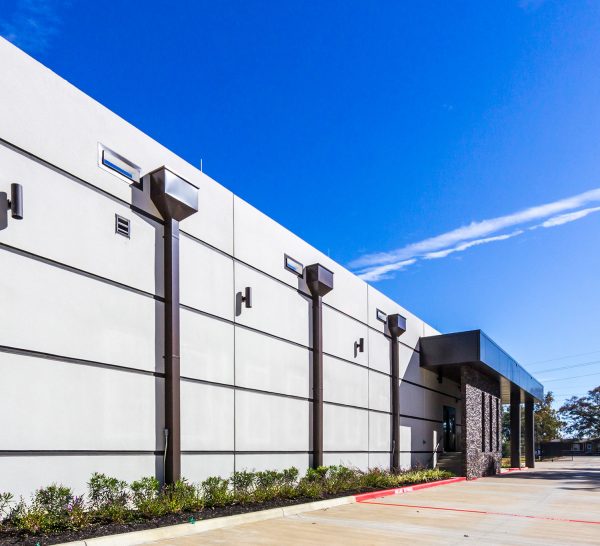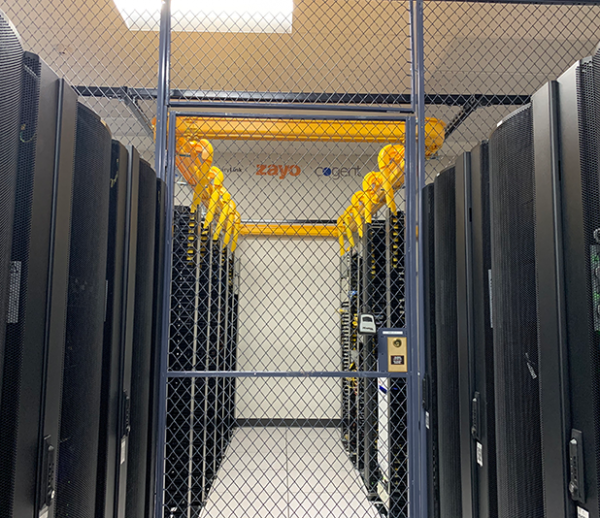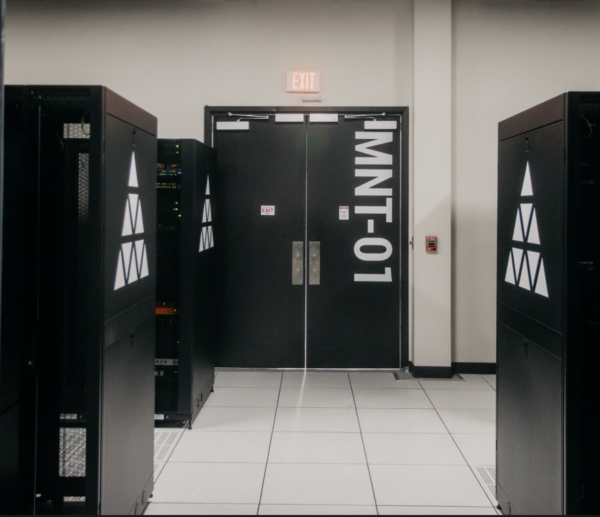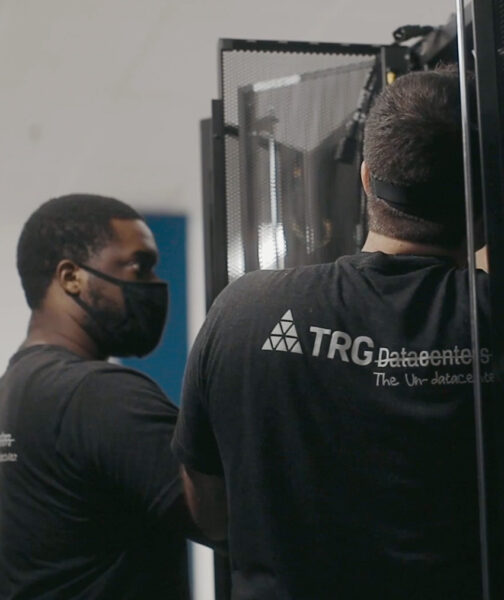For most businesses, the advantages of housing data in a specialist data center rather than within a company’s own headquarters far outweigh the cons. While there are some disadvantages to moving data into an external data center, there are also enormous benefits to making the switch. And scalability is key to this.
To succeed in business, a company needs to grow. This growth can easily be hampered, though, if an organisation’s IT systems aren’t up to the task. Whether a brand is focussing on selling fashion through ecommerce channels, planning on venturing into new food and beverage markets or aiming to branch out into completely new product lines, it needs to be sure it has a data center that’s capable of supporting its changing needs. When data is housed on-prem, this can be difficult to achieve.
If you’re considering whether or not to house your data on-prem or at a specialist data center, take a look at some of the points below and start thinking about the data storage options that your business really needs. Because when it comes to scalability, the capabilities of your chosen data center are absolutely vital.
On-prem data storage often lacks flexibility
When businesses store data in-house, they’re limited by the amount of physical space available. What might seem like a huge amount of space for an emerging startup could soon turn into an inadequate amount of room as the company grows.
The space required to house data should never be underestimated, because if an organisation starts to outgrow the capabilities of its server room it can have a big impact on what the business can do. To avoid problems like this, it’s often worth making use of a specialist facility that provides the flexibility an ambitious company needs.
There are considerable cost implications with on-prem
Housing your own enterprise data might sound like the best option while your business is relatively small, but the cost implications of this idea can have a big impact on its scalability. Increasing the size of on-prem solutions is not usually a simple task. And that means that there are significant costs involved in increasing the size and capabilities of on-prem options.
The cost of scalability isn’t the only factor to consider either. Time is another big issue. When you need to scale up, you’ll want to be able to do so quickly. With on-prem, this is easier said than done. Not only is there a huge investment to consider, the job will also inevitably take up a considerable amount of your team’s time – and that time might be better spent focusing on other, more business-critical tasks.
Power setups cannot be overlooked
The power requirements of on-prem server rooms are another factor that can sometimes limit their scalability. While most businesses can easily accommodate the power and cooling requirements of a smaller server room, few have the capability to keep a larger, more complex operation running smoothly as it grows with the business.
In some cases, increasing power and cooling requirements will mean a complete overhaul of the power supply to your building. And that’s something that few businesses will be able to facilitate quickly.
On-prem data storage isn’t future proof
Thinking ahead is vital in any business decision, and your data storage is no exception. If you want to avoid time-consuming and potentially costly mistakes, you need to think carefully about what your business will need several years from now, and be able to make accurate predictions as far as possible.
Be realistic in your forecasting, and take the time to work out how your data needs might change if your business grows in line with your expectations. Consider a best case scenario for your company, thinking carefully about whether or not this would present challenges for your current data setup.
Seek expert advice on the issue if you’re unsure, as these decisions could have a real impact on the data solutions that you opt for. Armed with the information you need, you’ll be able to ensure that your chosen data center really is future-proof – and won’t cause problems for your company further down the line.
Security concerns can put on-prem at a disadvantage
Specialist data centers are equipped with top-tier security provisions; security which is fully capable of scaling in line with a company’s changing needs. A reputable data center will keep its customers’ information safe and secure, leaving businesses free from the worries that security breaches present, no matter how much their business grows.
Of course, there are security benefits to on-prem solutions too, particularly for companies handling extremely sensitive information. In these cases, companies may prefer not to entrust any of their data to a third-party, no matter how good the data center’s reputation is. However, this isn’t a concern for the vast majority of businesses. For most companies, the security processes of a reputable data center will be more than adequate for their requirements, and the scalability of these safety measures are a real benefit.
—
On-prem data storage might provide everything that your business needs at the moment, but have you thought about what your company would need to do if its requirements were to grow in the future? With a specialist data center, concerns like these won’t hold your company back.
Data centers provide all the storage you need, but crucially they also provide the option of scalability – whenever you might want it. So, if several years from now business is booming and your on-prem data facility isn’t up to the job, you won’t find yourself shying away from further expansion and limiting the potential of your brand. Instead, you’ll be able to grasp every available opportunity, safe in the knowledge that your data center is ready and waiting to expand in line with your needs.
If fully scalable, secure and flexible data storage options sound like something your business could benefit from, start looking into data centers today. We’re on hand to help if you have any data-related queries, so don’t hesitate to give our team a call to talk through the options.







